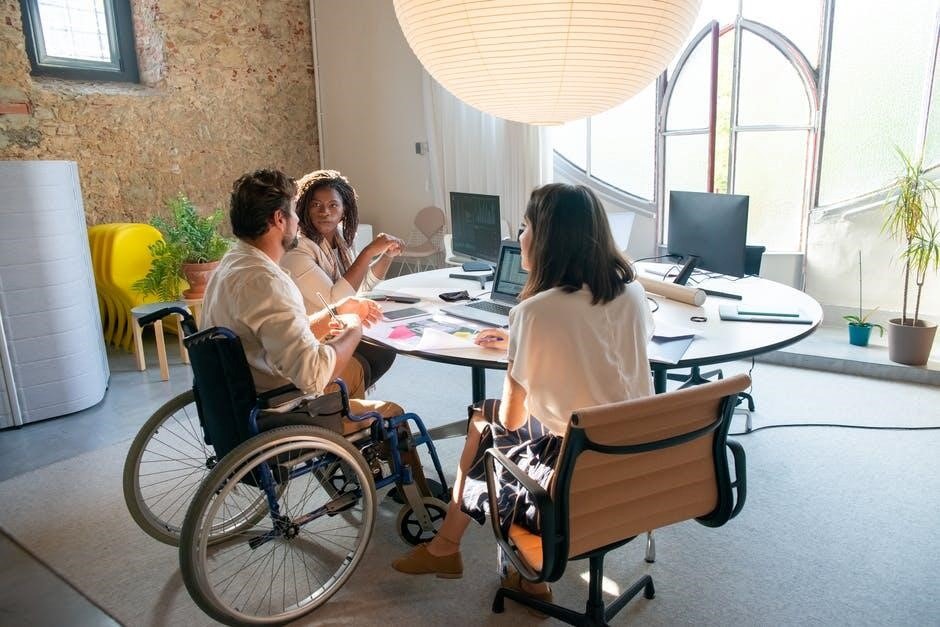An estimated 13% of the American population is disabled. With high numbers of people who can’t access regular healthcare, it’s possible that even more are living with undiagnosed physical and mental disabilities.
Living with a disability can present unique challenges. For example, it can make living independently more difficult. It may also impact employment options.
Are you struggling to live your life with a disability? Read on for five helpful tips that can help you navigate a world designed around non-disabled people.

1. Embrace the Change
Many people develop or discover disabilities later in life. It’s important to remember that you don’t have to remain stoic all the time. It’s completely normal to feel a wide range of emotions, from sadness and grief to anger and disbelief.
In the process, allow yourself to discover new ways to do things. While mourning the loss of certain physical or cognitive abilities is normal and healthy, you should also celebrate victories and find activities that bring you joy.
2. Seek Support
People with disabilities often face confusion, misunderstanding, and even discrimination. Hold your loved ones close, but consider seeking additional support from understanding peers.
Learn about your local social resources. Are there support groups in your town or therapists that work on a sliding scale? Being able to speak openly with people who understand or can help you cope will make a big difference.
3. Advocate for Accommodations
If you’re looking for educational or employment opportunities, don’t hesitate to advocate for accommodations. For example, neurodivergent students may need sensory tools like screen readers. Workers in wheelchairs may need adjustable office furniture.
If advocating for yourself sounds scary, start by learning your rights. Check this guide to Arizona disability law or learn about your own state’s laws. Brush up on federal laws, as well.
4. Prioritize Your Health
Your disability may have a larger impact on your overall health, changing what you can eat, how you can get exercise, and more. This is one area where embracing change is key.
If making three meals a day is difficult, find out about local meal programs or sign up for subscription meal services. Talk to your doctor or support group about types of exercise that won’t overburden your body. For example, you may need to trade running or basketball for something low-impact like walking or swimming.
5. Reduce Daily Obstacles
Disabled people often face a higher rate of burnout, especially when daily tasks of living are more difficult. One of the best self-care tips we can offer is to reduce daily obstacles.
For example, if your disability causes mobility issues, look into housing options with no or few stairs. If it takes longer to complete tasks, avoid overbooking your schedule and ask friends and family for help.
Learn to Thrive With Physical and Mental Disabilities
Tens of thousands of Americans live with physical and mental disabilities. However, the world is not designed to accommodate disabled people in many ways. Use these tips to start finding more ease, health, and joy in your daily life. Are you looking for new hobbies or lifestyle hacks? Wondering what pet would make a great companion or service animal? Take a look around for more tips that can brighten your life.
Hey welcome to my blog . I am a modern women who love to share any tips on lifestyle, health, travel. Hope you join me in this journey!

Speak Your Mind